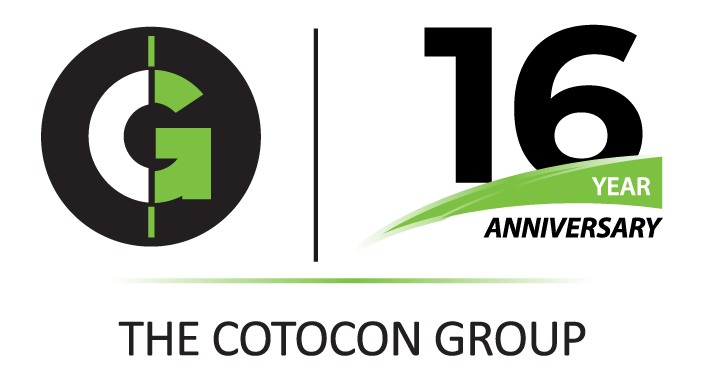Why Indoor Air Quality (IAQ) Matters in 2025
The U.S. Environmental Protection Agency (EPA) reports that Americans spend nearly 90% of their time indoors. Surprisingly, indoor air can be 2 to 5 times more polluted than outdoor air.
Poor indoor air quality (IAQ) can cause:
- Breathing problems and allergies
- Fatigue and poor concentration
- More sick days and higher medical costs
- Legal penalties under NYC laws like Local Law 55 (for mold and pests) and Local Law 97 (for ventilation and carbon emissions)
Even modern buildings can expose people to indoor pollutants if systems are not managed carefully.
1. Upgrade and Maintain Your HVAC System
Your HVAC system controls airflow, humidity, and temperature. It plays a key role in keeping indoor air clean.
Here’s how to keep it effective:
- Change filters every 3 months. Use HEPA or MERV-13 filters.
- Clean air ducts and inspect them once a year.
- Use UV-C light or ionization to kill bacteria and viruses.
- Make sure vents are not blocked by furniture or storage.
Pro Tip: Connect your HVAC system to a smart Building Management System (BMS) to detect problems early and monitor air quality in real time.
2. Test Indoor Air Quality Regularly
Indoor air testing is more than a health check — it’s now part of ESG standards and NYC compliance audits.
What should you test for?
- CO₂, VOCs, mold spores, and dust (PM2.5/PM10)
- Humidity levels and temperature consistency
- Stale air pockets and airflow problems
Tip: Use IoT-enabled air sensors for real-time updates. These devices keep your building team and tenants informed.
3. Control Humidity Smartly
Balanced humidity is important for both comfort and health. Aim for 40%–60% indoor humidity.
If humidity is too high:
- Use dehumidifiers and exhaust fans
- Fix leaks, damp walls, and roof issues
If it’s too low:
- Add humidifiers, especially in winter
- Use indoor water features or green walls to add moisture
Prolonged high humidity can cause mold, which is a major violation under Local Law 55.
4. Improve Ventilation (Natural and Mechanical)
Good ventilation helps push out indoor pollutants and bring in fresh air.
Ventilation tips for 2025:
- Install Energy Recovery Ventilators (ERVs) to boost fresh air flow while saving energy.
- Open windows when outdoor air quality is good (check AQI apps).
- Use automated window systems for smart airflow control.
Add plants like spider plants, peace lilies, or bamboo palms — they help purify air and bring life to indoor spaces. But don’t overwater them to avoid mold.
5. Eliminate Pollution at the Source
Don’t just treat poor air — prevent it.ommon sources of indoor pollution:
Common sources of indoor pollution:
- VOCs from paints, carpets, and furniture
- Harsh cleaning agents and pest control chemicals
- Outdoor pollutants entering through windows or doors
Simple steps to reduce it:
- Use low-VOC or VOC-free products during renovations.
- Do painting and chemical-related work after business hours.
- Keep doors and windows closed on high-pollution days.
- Place doormats at entrances to trap dust and allergens.
NYC Local Law Compliance Reminder
High indoor air quality isn’t just good for health — it’s required by law in NYC.
- Local Law 55 (LL55): Landlords must keep buildings free of mold, pests, and moisture.
- Local Law 97 (LL97): Requires buildings to reduce carbon emissions, which often includes HVAC and ventilation upgrades.
Need expert guidance? The Cotocon Group provides IAQ consulting, energy audits, and HVAC solutions to help you stay compliant and efficient.
Final Thoughts: Clean Air = Smart Business
Improving IAQ leads to:
- Healthier, more productive tenants and employees
- Lower healthcare costs and fewer absences
- Higher asset value and better building reputation
Need help with your building’s indoor air quality?
The Cotocon Group offers expert services in:
- IAQ testing
- HVAC system upgrades
- Compliance with LL55, LL87, and LL97
Contact us now to start building a cleaner, healthier environment.
Indoor air quality should be one of the most important concerns in your workplace as it directly affects the overall health and well-being of your staff and employees. Poor IAQ can increase the risk of many health problems, from respiratory illnesses to infections. It can even compromise your mental health. The Cotocon Group has expertise in consulting building owners on how to improve their Indoor air Quality. Contact us to know more!



